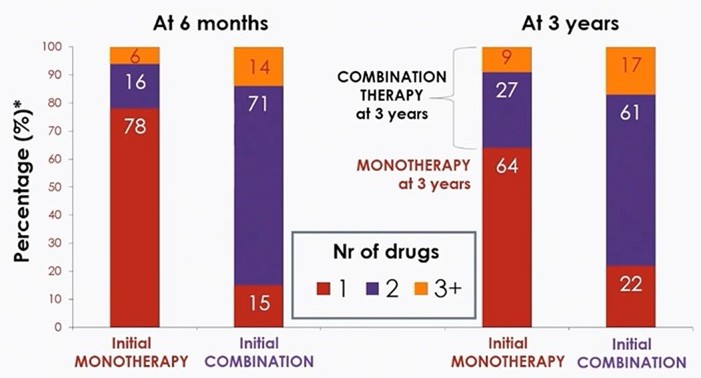
Hypertension remains a leading cause of cardiovascular morbidity and mortality worldwide, with suboptimal control and poor medication adherence posing significant challenges, particularly for cardiometabolic patients in 2025. Single-pill combinations (SPCs), which integrate multiple antihypertensive drugs into a single dose, have emerged as a transformative approach to address these issues. By simplifying treatment regimens, SPCs significantly improve patient adherence compared to multi-pill regimens, which often lead to missed doses and therapeutic failure.
Clinical evidence demonstrates that SPCs enhance blood pressure control by delivering synergistic pharmacological effects, reducing pill burden, and minimizing adverse events. This is particularly critical for cardiometabolic patients, who often require multiple medications to manage hypertension alongside comorbidities like diabetes and dyslipidemia. SPCs, such as those combining angiotensin-converting enzyme inhibitors, calcium channel blockers, or diuretics, have shown superior efficacy in achieving target blood pressure levels while improving patient satisfaction and quality of life. Moreover, SPCs align with the need for cost-effective, scalable solutions in healthcare systems facing rising cardiometabolic disease burdens.
However, challenges remain, including physician awareness, access to SPC formulations, and tailoring therapy to individual patient needs. Overcoming these barriers requires targeted education, policy support, and integration of SPCs into clinical guidelines. By addressing both adherence and control, SPCs offer a promising strategy to reduce cardiovascular risk and improve outcomes in hypertension management, making them a cornerstone of modern cardiometabolic care.

